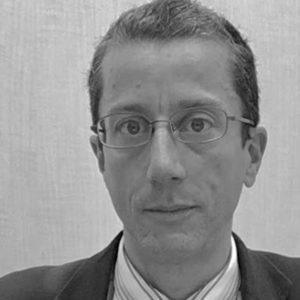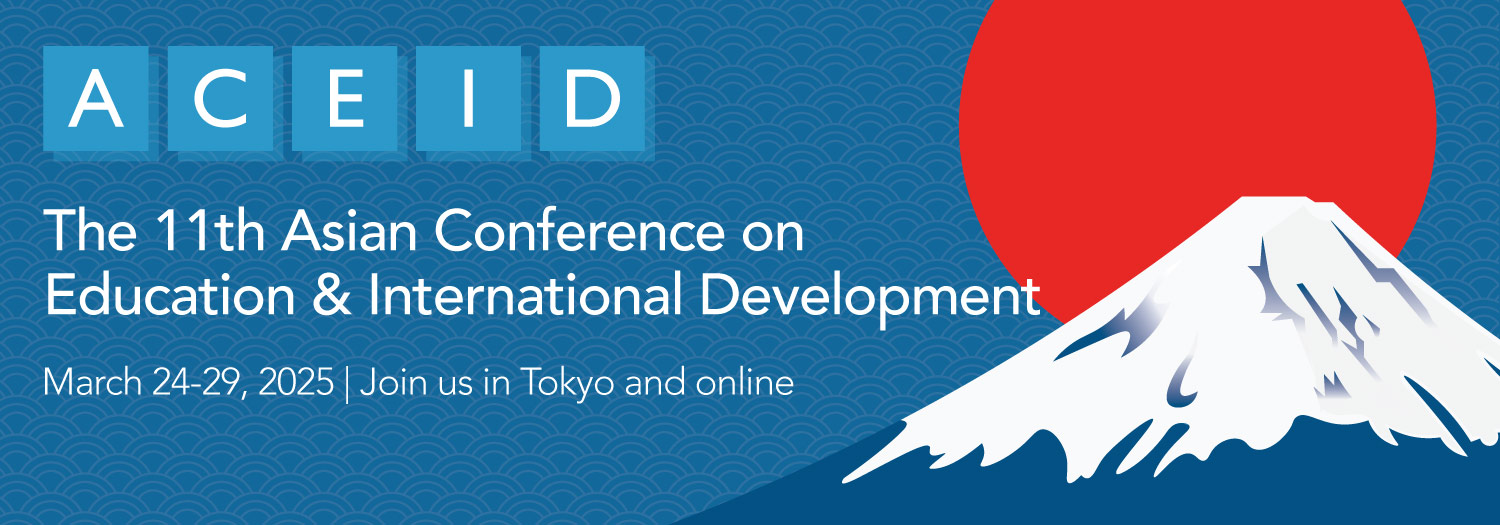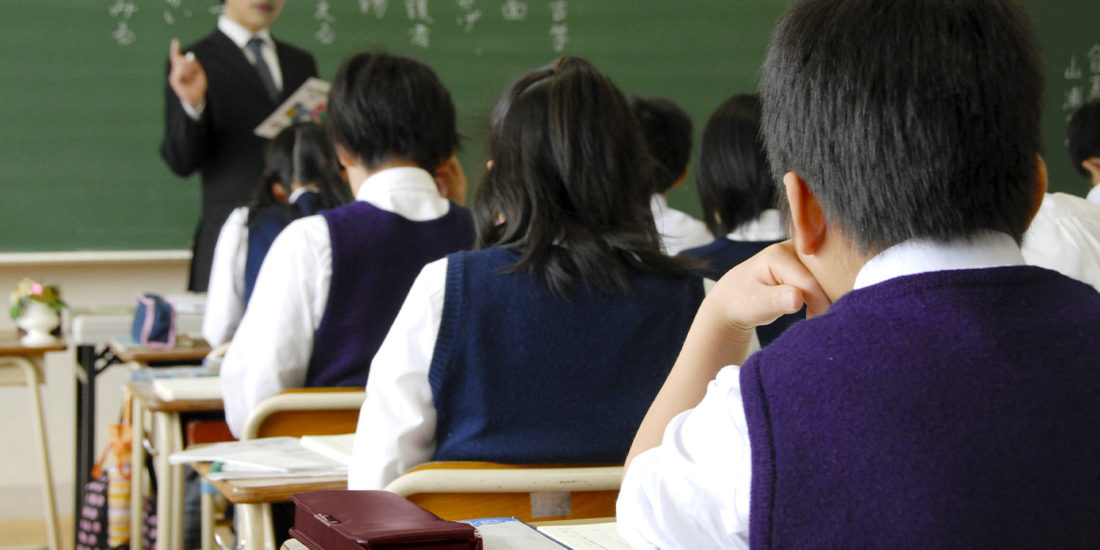Aric Denfield of Nichidai Sakuragaoka High School, Japan, has been announced as a Spotlight Speaker at The 8th Asian Conference on Education & International Development (ACEID2022), with his presentation titled “An Explanatory Case Study on the Incorporation of Education for Sustainable Development Into Formal Education in Japan”.
Presentations are given Spotlight status when they are decided by the Organising Committee to have wide appeal and are of particular interest to academics within the fields of education and international development.
The presentation will also be available for IAFOR Members to view online. To find out more, please visit the IAFOR Membership page.
IAFOR Journal of Education (Scopus Indexed Journal)

This conference is associated with the Scopus and DOAJ listed IAFOR Journal of Education.
Abstract
An Explanatory Case Study on the Incorporation of Education for Sustainable Development Into Formal Education in Japan
Education for Sustainable Development (ESD) is vital to create sustainable societies. Successive Japanese governments have advocated the incorporation of ESD into its education system. This paper investigates teachers’ understandings of Sustainable Development (SD) and ESD and the extent to which ESD has been incorporated into lessons. To address this question, an explanatory case study in a private senior high school was conducted. Data collection involved a literature review, looking at international iterations of ESD and its interpretation by relevant Japanese ministries; an interview with the school’s curriculum coordinator; and the collection of quantitative data. The instrument was designed by the author. The results indicate teachers view SD primarily through an environmental lens. They consider it of vital importance; however, the majority of respondents find ESD difficult to understand. ESD-related themes are integrated into lessons, although this varies by department and its inclusion is determined by the content of textbooks. Interdisciplinary learning is largely absent. Respondents supported the development of ESD’s core competences and values; however, many of the pedagogies used do not aid that development, even though greater use is being made of Active Learning. Finally, while respondents understood the affective dimension of transformative learning (TL), they did not feel it was within the remit of education. To implement ESD more effectively, the school needs to adopt a holistic approach. Teachers must be better acquainted with ESD literature and greater use must be made of active learning methods.
Speaker Biography
Aric Denfield
Nichidai Sakuragaoka High School, Japan
 Mr Aric Denfield is currently senior language teacher at Nichidai Sakuragaoka High School, Tokyo, an affiliated school of Nihon University, where he is responsible for syllabus design and assessments. Born in London, England, Mr Denfield was educated at Richmond-Upon-Thames Tertiary College, London before reading history at the University of London. After graduating, he has lived in a number of countries (Russia, Brazil and Japan) and has gained considerable English teaching experience in extremely varied environments, including in formal education, government ministries, and volunteer projects. Since completing his undergraduate degree, Mr Denfield has been awarded two MAs: MA History (University of London) and MA Education (Institute of Education). His primary field of interest is in the re-imagining of education based on the guiding principles of Education for Sustainable Development.
Mr Aric Denfield is currently senior language teacher at Nichidai Sakuragaoka High School, Tokyo, an affiliated school of Nihon University, where he is responsible for syllabus design and assessments. Born in London, England, Mr Denfield was educated at Richmond-Upon-Thames Tertiary College, London before reading history at the University of London. After graduating, he has lived in a number of countries (Russia, Brazil and Japan) and has gained considerable English teaching experience in extremely varied environments, including in formal education, government ministries, and volunteer projects. Since completing his undergraduate degree, Mr Denfield has been awarded two MAs: MA History (University of London) and MA Education (Institute of Education). His primary field of interest is in the re-imagining of education based on the guiding principles of Education for Sustainable Development.

